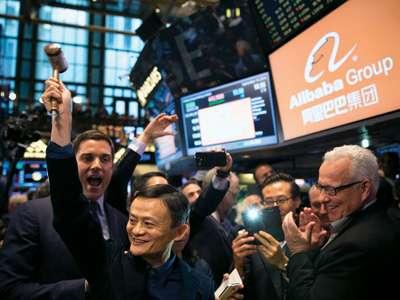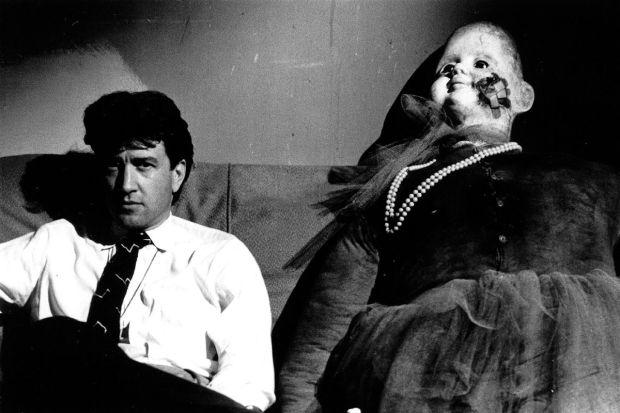
Jack Ma Chinese entrepreneur
Jack Ma, originally Ma Yun, (born September 10, 1964, Hangzhou, Zhejiang province, China), Chinese entrepreneur who was head of the Alibaba Group, which comprised several of China’s most popular Web sites, including the business-to-business marketplace Alibaba.com and the shopping site Taobao.com.
Ma became interested in the English language as a young boy, and during his teens he worked as a guide for foreign tourists to Hangzhou. Ma failed the entrance exam for the Hangzhou Teachers College twice. (His weak point was mathematics.) He was admitted on the third try, in 1984, and he graduated with a bachelor’s degree in English in 1988. From 1988 to 1993 he taught English at the Hangzhou Institute of Electronics and Engineering (now Hangzhou Dianzi University). In 1994 he founded his first company, the Haibo Translation Agency, which provided English translation and interpretation.
On a trip to the United States on behalf of the Hangzhou city government in 1995, Ma had his first encounter with the Internet and saw the lack of Chinese Web sites as a great business opportunity. On his return, he founded China Pages, which created Web sites for Chinese businesses and was one of China’s first Internet companies. He left the company two years later, however, partly because of strong competition from the communications company Hangzhou Telecom, which had founded a rival company, Chinesepage. From 1998 to 1999 Ma was head of an Internet company in Beijing that was backed by the Ministry of Foreign Trade and Economic Cooperation. He felt, however, that if he remained with the government, he would miss out on the economic opportunities that the Internet was bringing. Ma persuaded his team at the ministry to go back to Hangzhou with him and found the Alibaba Group, which launched a Web site that facilitated deals between small businesses. Ma was convinced that the small-business-to-small-business Internet market had much greater potential for growth than the business-to-consumer Internet market had. Small businesses paid a membership fee to be certified as trustworthy sellers on Alibaba, with a greater fee being charged to businesses that wished to sell to customers outside China. In order to instill confidence in online sales, Alipay was created (2003) to act as a third party in transactions. Growth of Alibaba was rapid. In 2005 it attracted the attention of the American Internet portal Yahoo!, which bought a 40 percent stake, and in 2007 Alibaba.com raised $1.7 billion dollars in its initial public offering (IPO) in Hong Kong.
In 2003 Ma created a new company, the consumer-to-consumer online marketplace Taobao (Chinese: “searching for treasure”). At the time, the American company eBay, in collaboration with the Chinese company EachNet, had a market share of 80 percent, but Ma felt that eBay-EachNet’s policy of charging users a transaction fee was a weakness. Taobao did not charge such a fee but made money from online advertising and the sale of additional services to users. Ma’s intuition proved correct; by 2007 Taobao had a 67 percent market share, and eBay conceded majority ownership of its Chinese operations to the Chinese-language media company TOM Group, which created the subsidiary TOM EachNet. In 2011 Ma announced that Taobao would split into three companies: Taobao Marketplace, where individuals could buy and sell goods; Taobao Mall, an online shopping portal; and eTao, a shopping-related search engine. In September 2014 the Alibaba Group debuted an IPO on the New York Stock Exchange that raised $21.8 billion. That IPO was the largest ever in the United States and gave the company a market value of $168 billion, the highest such value in IPO history at that time for any Internet company. In September 2018 it was announced that Ma would step down as chairman of Alibaba the following year, though he would remain on the board.
During this time Ma oversaw the creation (2014) of the Ant Group, which served as the parent group of Alipay and other financial services. In 2020 Ant was scheduled for an IPO. However, that was delayed when Chinese officials demanded that the company be restructured. In addition, an antitrust investigation was opened against Alibaba. These developments came shortly after Ma criticized the country’s financial regulators.
Comments:







